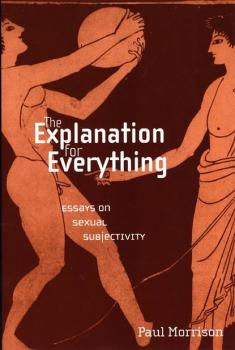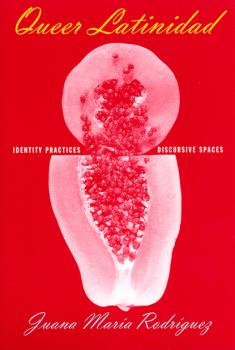ТОП просматриваемых книг сайта:
Sexual Cultures
Скачать книги из серии Sexual CulturesАннотация
Аннотация
Информация о книге
Автор произведения Christina Crosby
Жанр Биографии и Мемуары
Серия Sexual Cultures
Аннотация
Аннотация
Информация о книге
Автор произведения Dwight McBride
Жанр Управление, подбор персонала
Серия Sexual Cultures
Аннотация
Аннотация
Информация о книге
Автор произведения Paul Morrison
Жанр Управление, подбор персонала
Серия Sexual Cultures
Аннотация
Аннотация
Аннотация
Информация о книге
Автор произведения Juana María Rodríguez
Жанр Управление, подбор персонала
Серия Sexual Cultures










